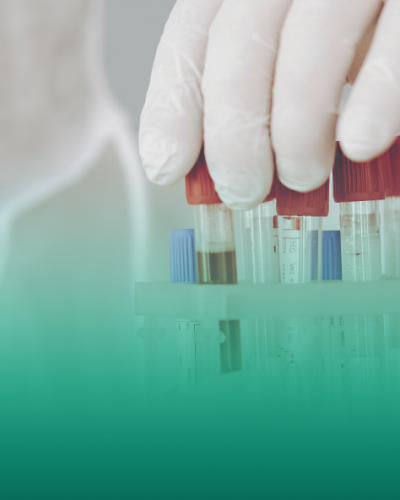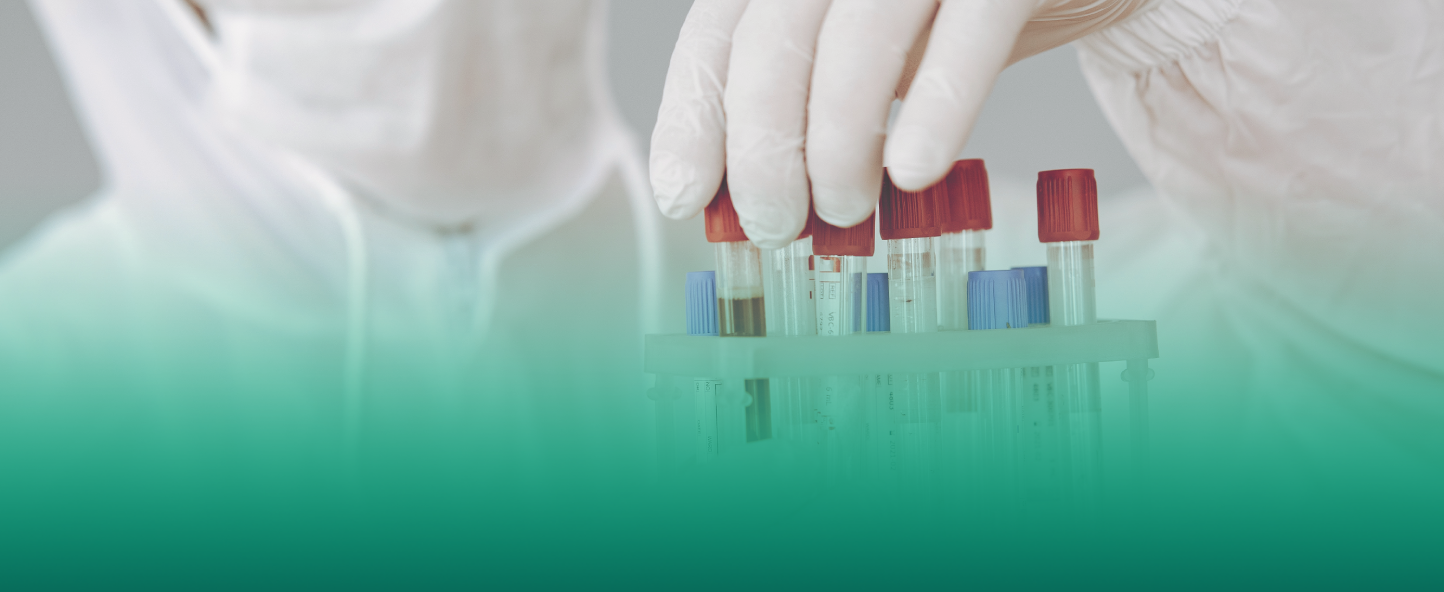Let’s look at a few common myths about donating blood and other biomaterials and find out what recommendations you should actually follow.
Myth: You can drink water and eat a snack before giving blood.
Not really! Even a light snack or small morning thirst quencher can distort test results. It is important to adhere to food intake restrictions: be on an empty stomach for at least 4 hours for routine tests and at least 8 hours for a strict fasting.
Myth: Exercising does not affect test results
Yes, exercise can temporarily change your blood test results. Physical activity can affect some blood parameters such as lactate, creatine kinase (CK), hematocrit and others. For example, lactate levels may increase after intense exercise due to aerobic metabolism in the muscles. Additionally, creatine kinase levels may temporarily increase after intense exercise due to damage to muscle cells. It is recommended not to take blood tests for two days after intense exercise.
Myth: Emotional stress does not affect test results
Yes, stress can affect blood test results. When a person experiences stress, their body can react in a variety of ways, including changes in hormone and neurotransmitter levels. This may affect some blood counts. For example, stress can lead to increased levels of adrenaline and cortisol, which can change blood glucose levels. In addition, stress can also affect the immune system and inflammatory markers in the blood.
Myth: You can test blood immediately after an x-ray or ultrasound
This is not true! In general, ultrasound or x-rays do not directly affect blood composition or blood chemistry, so they should not interfere with blood test results. However, if you are giving blood for certain tests that may be sensitive to the effects of some external factor, such as hormonal status or blood metal levels, you may be advised to wait some time after the procedures before giving blood. Research may distort test results.
Myth: You can’t take medications before getting tested
This is partially true. The effect of medications on test results can be unpredictable. It is recommended not to take medications the day before the test, if possible.
This depends on the specific blood test and the medication you are taking. Some medications may interfere with the results of certain tests, so you may be advised to temporarily stop taking your medications before getting tested. However, in other cases, medications may be necessary to maintain your health, and stopping them may not be advisable.
If you are scheduled for blood tests, it is important to tell your doctor about all the medications you are taking, including prescription and over-the-counter drugs, vitamins, and supplements, so that your doctor can consider possible effects on the test results and make recommendations about stopping or continuing them.
Myth: You can’t smoke before taking tests
Right! Smoking before taking tests may affect the results. It is better to refrain from smoking half an hour to an hour before taking tests.
Here are some ways smoking can affect some blood test results:
- Carboxyhemoglobin (COHb): Smoking causes the inhalation of carbon monoxide (carbon monoxide), which binds with hemoglobin in the blood to form carboxyhemoglobin. This can lead to elevated levels of COHb in the blood, which can be detected in a blood test.
- Blood Pressure: Smoking can cause high blood pressure.
- Oxygen Level: Smoking can reduce the oxygen level in the blood as the oxygenating capacity of the blood is reduced due to the presence of carbon monoxide. This may affect oxygen saturation.
- Inflammatory Markers: Smoking can cause inflammation and increase levels of inflammatory markers in the blood, such as C-reactive protein (CRP) or interleukin-6 (IL-6).
- Blood Lipids: Smoking can affect the levels of cholesterol and other lipids in the blood, which may be reflected in blood test results.
- The effect of smoking on test results may vary depending on a person’s individual characteristics, extent of smoking, duration and frequency of smoking, and other risk factors.
Myth: Bacteriological studies are carried out after starting a course of antibiotic treatment.
This is wrong! Biomaterials for bacteriological studies are taken before starting antibiotics or no earlier than 10-14 days after stopping the drugs. Failure to comply with this rule may lead to incorrect diagnosis and treatment.
Following these recommendations will help you obtain accurate and reliable test results, which is important for correct diagnosis and treatment.






